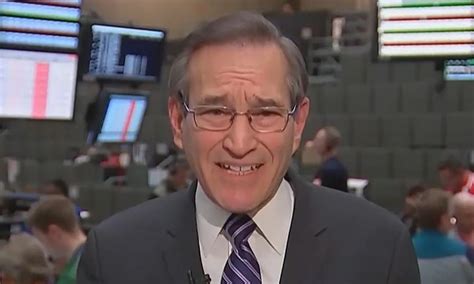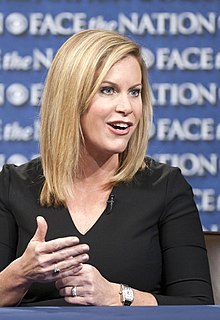A Quote by Richard Grenell
In the past, liberals have competed to see who could shout the loudest to shut down the banks, ridicule success, and penalize anyone working in finance. In fact, the Occupy Wall Street movement was an aggressive liberal effort to shut down Wall Street banks.
Related Quotes
Tax the rich. End the wars. Break the power of lobbies in Washington. These are the demands of Occupy Wall Street. They are very important. The US corporations dominate Washington. The big oil companies, Wall Street banks and the military-industrial complex - they rule this country and their influence and power has to be broken.
Wall Street can be a dangerous place for investors. You have no choice but to do business there, but you must always be on your guard. The standard behavior of Wall Streeters is to pursue maximization of self-interest; the orientation is usually short term. This must be acknowledged, accepted, and dealt with. If you transact business with Wall Street with these caveats in mind, you can prosper. If you depend on Wall Street to help you, investment success may remain elusive.
I don't agree with Bernie Sanders that the banks should be broken up at this point. But Hillary Clinton's acceptance of huge contributions from Goldman Sachs and others... And we don't debate what Clinton has done. She has a public record. She's been Secretary of State. She's basically a candidate of Wall Street, for Wall Street.








































